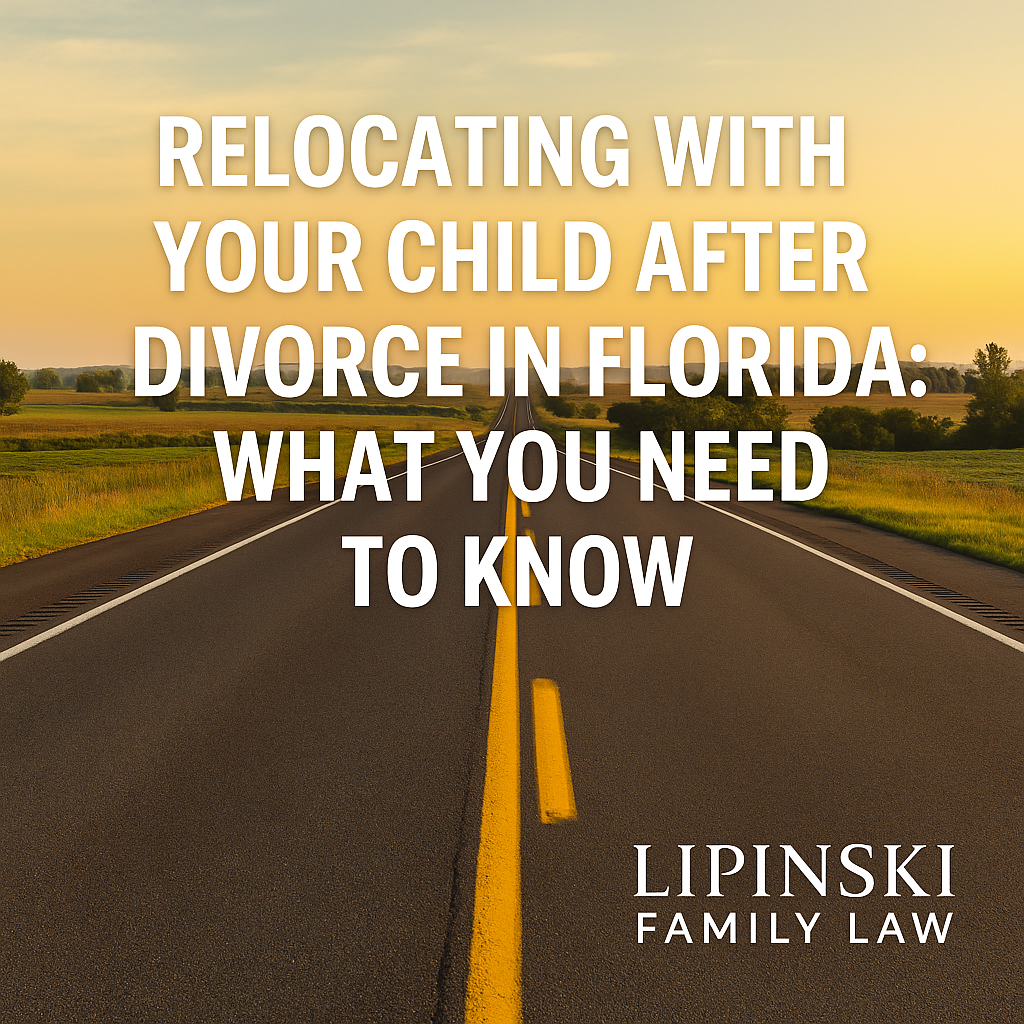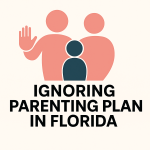
Relocating with your child after divorce in Florida can be one of the toughest challenges parents face. The decision impacts not only your life but also your child’s future and relationship with both parents. Because of this, Florida law has strict rules about when and how relocation can happen. Understanding these rules is the first step in protecting your rights and your child’s best interests.
Florida’s Relocation Law
Under Florida Statute § 61.13001, a parent cannot move more than 50 miles away with their child for more than 60 days without permission. To relocate legally, you must either:
- Get written consent from the other parent and file it with the court, or
- File a petition for relocation and prove to the judge that the move benefits your child.
Factors the Court Considers
When deciding whether relocation is allowed, Florida courts look at many factors, including:
- The child’s relationship with both parents
- The impact of relocation on the child’s education and well-being
- How visitation and time-sharing will be preserved
- Each parent’s reasons for supporting or opposing the move
These factors ensure the court puts the child’s best interests first.
Practical Tips for Parents
If you are planning to relocate with your child after divorce in Florida, preparation is key. Here are some practical steps:
- Document opportunities at the new location, such as job offers, schools, or housing.
- Keep records showing your consistent involvement in your child’s life.
- Avoid moving without approval, as unapproved relocations can result in contempt of court and loss of custody rights.
Conclusion
Relocating with your child after divorce in Florida is one of the most contested issues in family law. Whether you want to move or prevent your child from moving, it is important to act quickly and seek professional advice.
👉 Contact Lipinski Family Law for guidance on your relocation case.
Additional Information:
Florida Statute § 61.13001 (Relocation of a parent)



